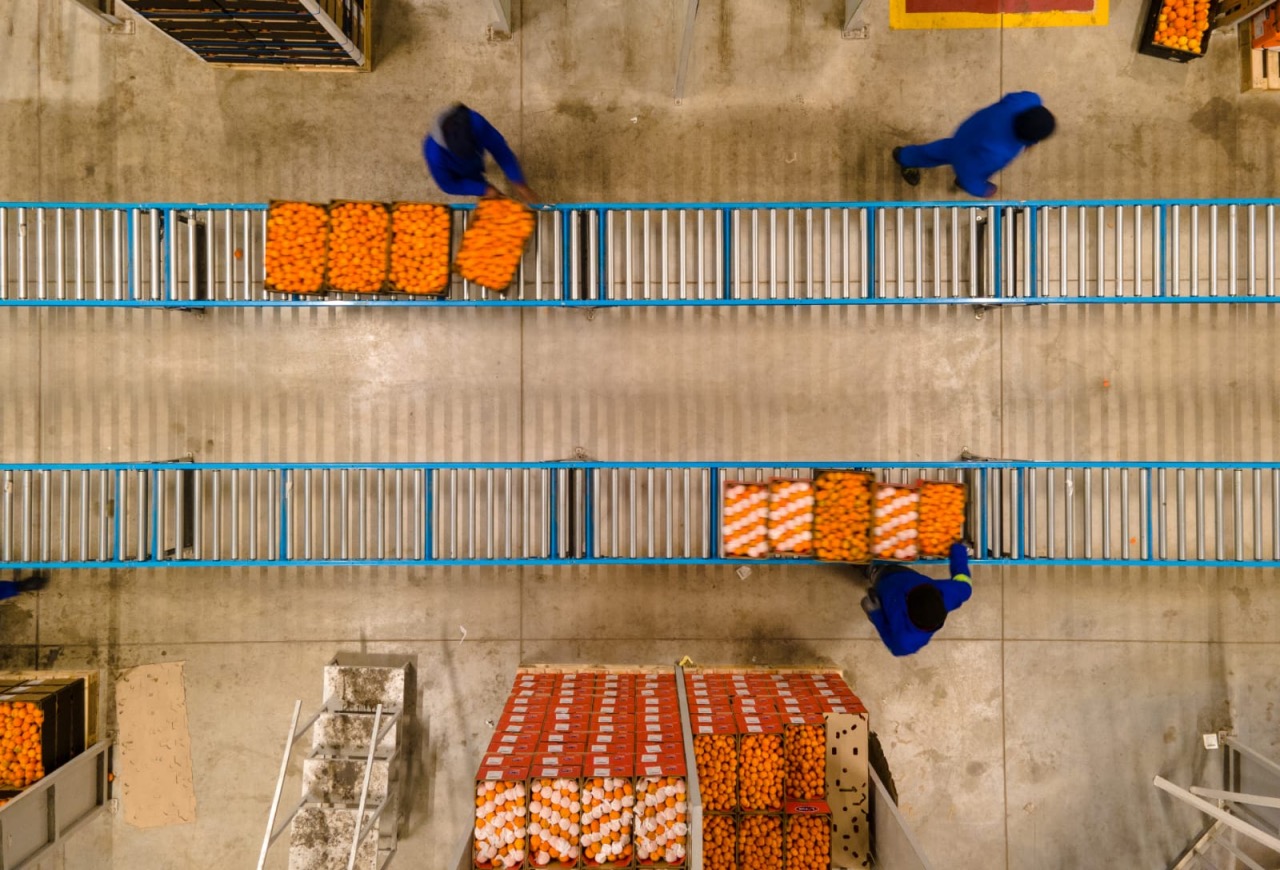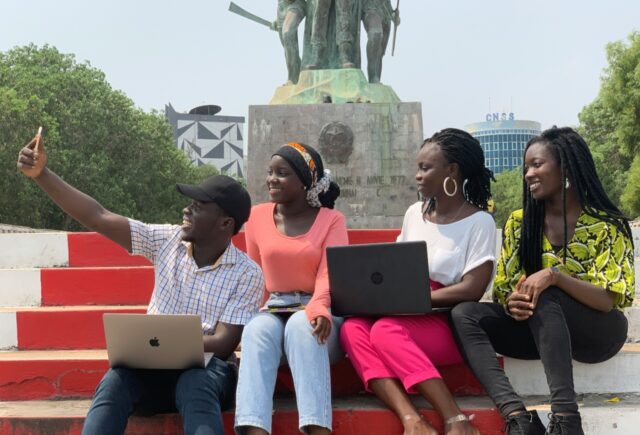A consortium of development finance institutions including Norfund, Finnfund and British International Investment have joined forces with private equity firm Phatisa to back Lona Group, a South African citrus and fresh-produce business

In brief
- A consortium of DFIs and private equity fund manager Phatisa are backing South African fruit company Lona
- The investment is in line with the consortium’s impact themes and will support Lona’s expansion plans
- In addition to improving food security and reducing food waste, Lona contributes to inclusiveness by bringing on board emerging farmers and employing many women, according to Phatisa
British International Investment (BII), Norfund and Finnfund have joined forces with Phatisa, a private equity fund manager in sub-Saharan Africa, to invest an undisclosed sum into Lona Group (Lona), a South African-based integrated citrus and fresh-produce business.
Lona is one of the largest integrated fruit businesses in South Africa, employing almost 4000 people, including seasonal workers. Established in 1996 by chief executive Spencer Johnson from his father’s garage, the company today exports circa 5 million cartons of citrus, in addition to a significant volume of other fresh produce each year globally.
In addition to farming, its activities include aggregating and packing fruit, cold storage and logistics, as well as fruit and vegetable processing and marketing.
Phatisa, which leads the consortium, will invest through the $143m (€133m) Phatisa Food Fund 2, which targets investments in African businesses that contribute to building sustainable food systems across the continent in order to alleviate poverty and improve food security.
BII, Norfund and Finnfund have also invested through the Phatisa Food Fund 2, committing $30m, $20m, $15m respectively in the fund’s final closing in February 2021, together with other development finance institutions (DFIs) and commercial investors.
This latest investment by the three European DFIs marks an additional capital commitment to Lona, on top of the investment through the fund.
Growth capital
Speaking to Impact Investor Martin Kromat, senior partner at Phatisa, said that the consortium had come together to provide additional expansion capital to Lona because their business model responded to a number of impact themes targeted by the fund and provided attractive financial returns.
“The consortium of four investors came together to increase the ticket in Lona because as well as improving food security and reducing food waste, they are driving inclusiveness by bringing on board emerging farmers and employing a large number of women in their workforce and in management. They also have the potential to increase further the overall number of quality jobs and are aiming for carbon neutrality. Importantly, Lona will do all of this whilst growing their bottom line,” he said.
Kromat said that Lona’s management team also demonstrated great business integrity and an economically sustainable business model supported by tight controls and traceability across the value chain, as well as reliability among its customers.
“In today’s environment, traceability is very important, so having the credentials both on the farming side but also controlling the value chain right up to putting products on the shelf, is becoming increasingly important,” he said. “And that’s the key thing. We’re not philanthropists. We want our businesses to grow profitably because that makes them really sustainable, and continue to deliver against the impact objectives.”
This latest investment will allow Lona to grow domestically as well as to increase its exports, improve its facilities, including building new packhouses, develop new innovative fruit and value-add product lines and invest in new agricultural practices and technology. The company is also planning to generate or procure renewable energy to make the business more climate resilient whilst reducing its carbon footprint.
Kromat said that Africa as a continent “had a lot of catching up to do” in terms of development but with a growing young and urbanising population, it also presented a lot of opportunities.
“Moving away from an environment of donor funding to actually providing capital to successful businesses, will create employment and sustainable food products, and contribute towards responsible behaviour towards the climate. That’s why building sustainable food systems is not just about food security, there are other aspects to that as well that drive impact,” he concluded.
Climate adaptation
Responding to a request for comment, a spokesperson from BII explained they often made co-investments alongside its fund manager partners when investees provided a particularly strong development impact opportunity.
He said BII was committed to supporting smaller businesses that have the potential to be ‘game changers’ in their market, particularly companies that were leading the fight against climate change.
He said: “Our commitment will support Lona Group’s organic expansion in a context of limited appetite from commercial investors in the agribusiness segment. We also plan to add value to the business by supporting them on resource efficiency and resilience to climate change. A portion of our proceeds will be ring-fenced to support climate adaptation initiatives within the business.”
Lona is the fund’s fourth investment, following investments in Farming and Engineering Services, a precision farming business operating in Malawi and Zambia, Rolfes Group, a South African chemicals supplier, and Deltamune, a South African animal vaccine supplier.





